The house of representatives has asked the Central Bank of Nigeria (CBN) to suspend the planned recapitalisation of microfinance banks (MFBs) until the economy stabilises and considered safe for a new deadline.
This follows a motion by Saidu Abdullahi, vice-chairman of the house committee on finance, during plenary on Wednesday.
In October 2018, CBN reviewed the minimum share capital requirement of the three categories of MFBs: Unit MFBs from N20 million to N200 million; state MFBs from N100 million to N1 billion; and national MFBs from N2 billion to N5 billion.
“National MFBs are expected to meet the minimum capital of N3.5 by April 2021 and N5 billion by April 2022”
The following year, it reviewed the requirement with a view to ensuring continued operations of these banks in rural, unbanked and underbanked areas of the economy.
In April 2020, the apex bank revised the deadlines for MFBs recapitalisation due to the COVID–19 pandemic impacts.
The CBN said: “MFBs operating in rural, unbanked and underbanked areas (Tier 2) shall meet the N35 million capital threshold by April 2021 and N50 million by April 2022.
“MFBs operating in urban and high density banked areas (Tier 1) are expected to meet the N100 million capital threshold by April 2021 and N200 million by April 2022.
“State MFBs shall increase their capital to N500 million by April 2021 and N1 billion by April 2022.
“National MFBs are expected to meet the minimum capital of N3.5 by April 2021 and N5 billion by April 2022”.
Moving the motion, Abdullahi made reference to a survey conducted by the National Association of Microfinance Banks (NAMB) which showed that out of 874 licensed MFBs, about 612 may be negatively affected by the recapitalisation policy.
According to the findings, only 30 percent of MFBs would be able to meet the April 2021 deadline while 70 percent are likely to be out of business with severe consequences for the financial services industry.
“In addition to the negative economic impact of the COVID–19 pandemic, Nigeria’s economy recently exited recession, the implication of which will be a significant slowdown in economic activities as the liquidity position of the government and businesses have been impacted negatively,” Abdullahi said.
“In times like this, economic thinkers advocate for injection of more liquidity into the economy to stimulate economic activities, encourage spending and prevent job losses as well as support indigenous businesses.”
He said the green chamber is worried about the findings, adding that if the result actualises it will aggravate unemployment, compound the challenges of insecurity, youth restiveness, poverty, apathy and hopelessness across the country.
The lawmakers, therefore, mandated the committee on banking and currency to interface with CBN to find a workable solution to the challenges associated with recapitalisation of MFBs, adding that a feedback be submitted within four weeks for further legislative action.





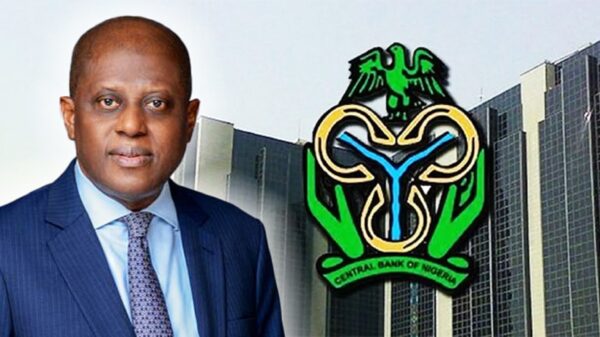






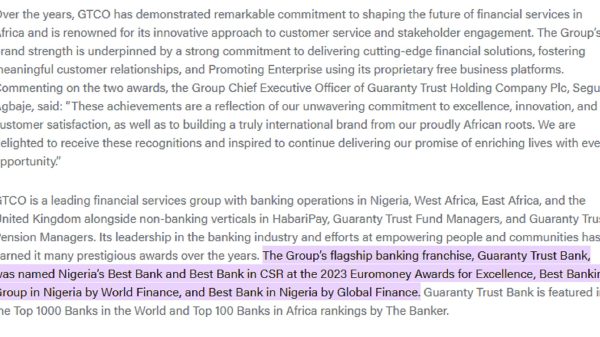



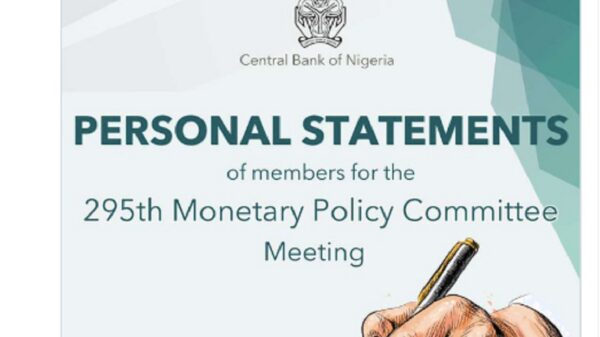
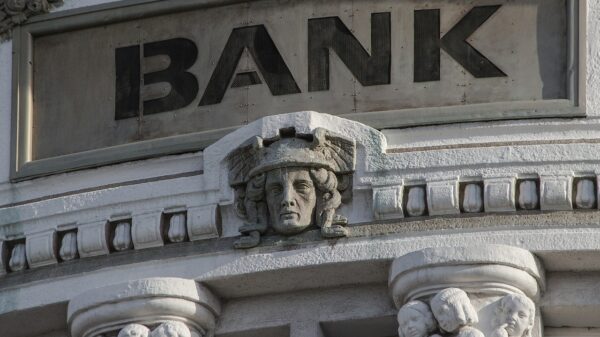































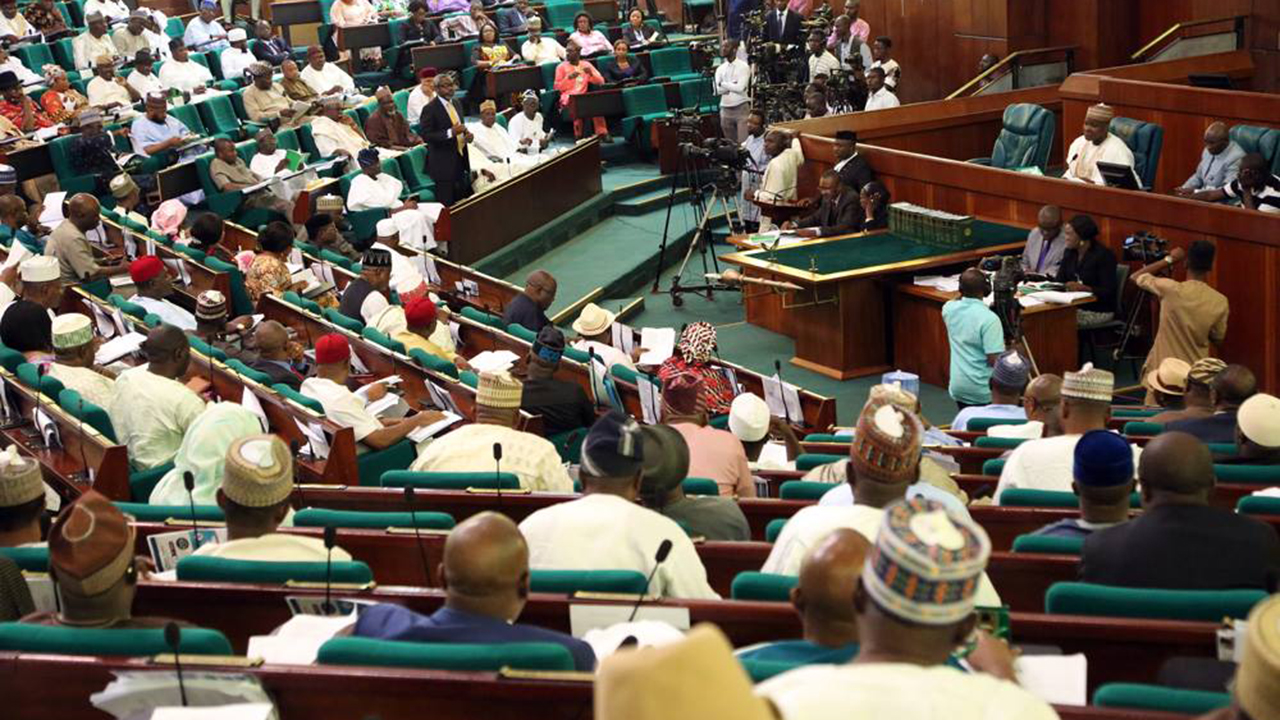
You must be logged in to post a comment Login